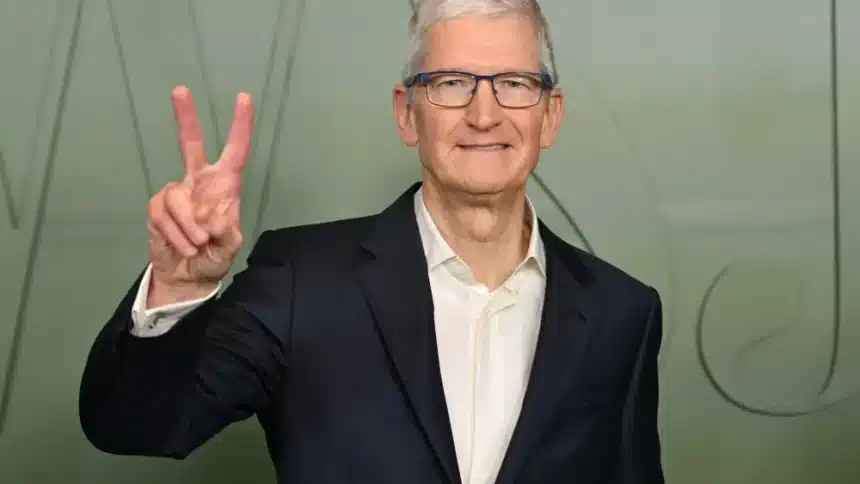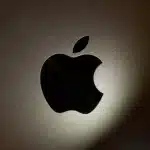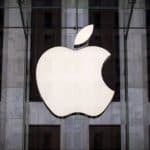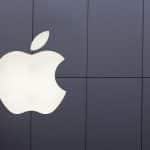Twenty years ago, Tim Cook officially became Apple’s Chief Operating Officer (COO), marking the beginning of a transformation that reshaped not just Apple, but the tech world. Appointed by Steve Jobs in 2005, Cook was already managing Apple’s global operations. Jobs described the promotion as a “formal recognition” of work Cook had been doing for years.
Cook’s operational genius stemmed from humble beginnings. A first-generation college student from Alabama, he earned degrees from Auburn University and Duke University, funding his studies through newspaper deliveries and part-time jobs. That early work ethic defined his methodical leadership style.
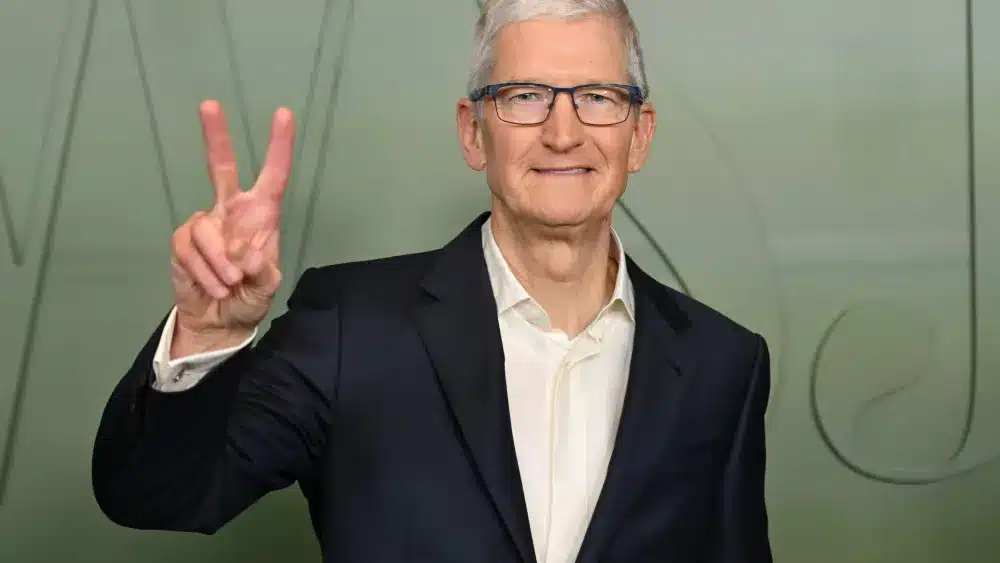
Before joining Apple, Cook spent 12 years at IBM managing North American fulfillment, then held key roles at Intelligent Electronics and Compaq, where he honed the logistics and “Just In Time” production strategies that later revolutionized Apple’s supply chain.
Betting Big on Apple’s Comeback
When Cook joined Apple in 1998, the company was near bankruptcy. Despite lucrative offers to stay at Compaq, Cook followed his instincts, describing the move as “a once-in-a-lifetime opportunity to work for a creative genius.”
As COO, Cook made bold logistical moves. Ahead of the first iMac launch, he spent $100 million securing air freight to deliver products in time for the holidays — a gamble that paid off spectacularly. That decision ensured Apple’s success and blocked competitors from using key shipping routes.
Cook’s analytical precision complemented Jobs’ visionary flair. While Jobs focused on design and innovation, Cook optimized operations, turning Apple into a model of manufacturing efficiency and profitability.
Leading Apple Into the Trillion-Dollar Era
After Steve Jobs’ passing in 2011, Cook became CEO and guided Apple into an era of unprecedented growth. Under his leadership, Apple became the first company to hit $1 trillion, then $3 trillion in valuation.
Cook’s leadership emphasized sustainability, privacy, and global adaptability. His restructuring of Apple’s supply chain in 2015 helped the company weather trade wars and pandemic disruptions. Even critics who question his focus on politics or services acknowledge his unmatched ability to steer Apple through volatility.
Now nearing retirement, Cook’s meticulous planning suggests he has already chosen a successor. Whether he steps down soon or continues to lead, his legacy is certain — the man who turned Apple into the world’s most valuable company didn’t just follow Jobs’ vision; he expanded it.
